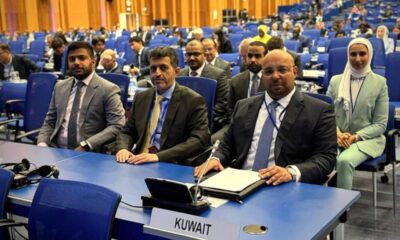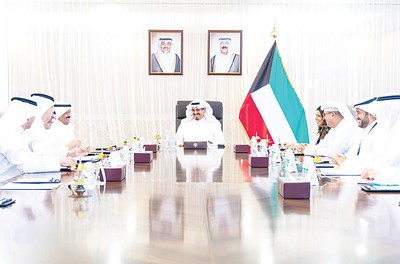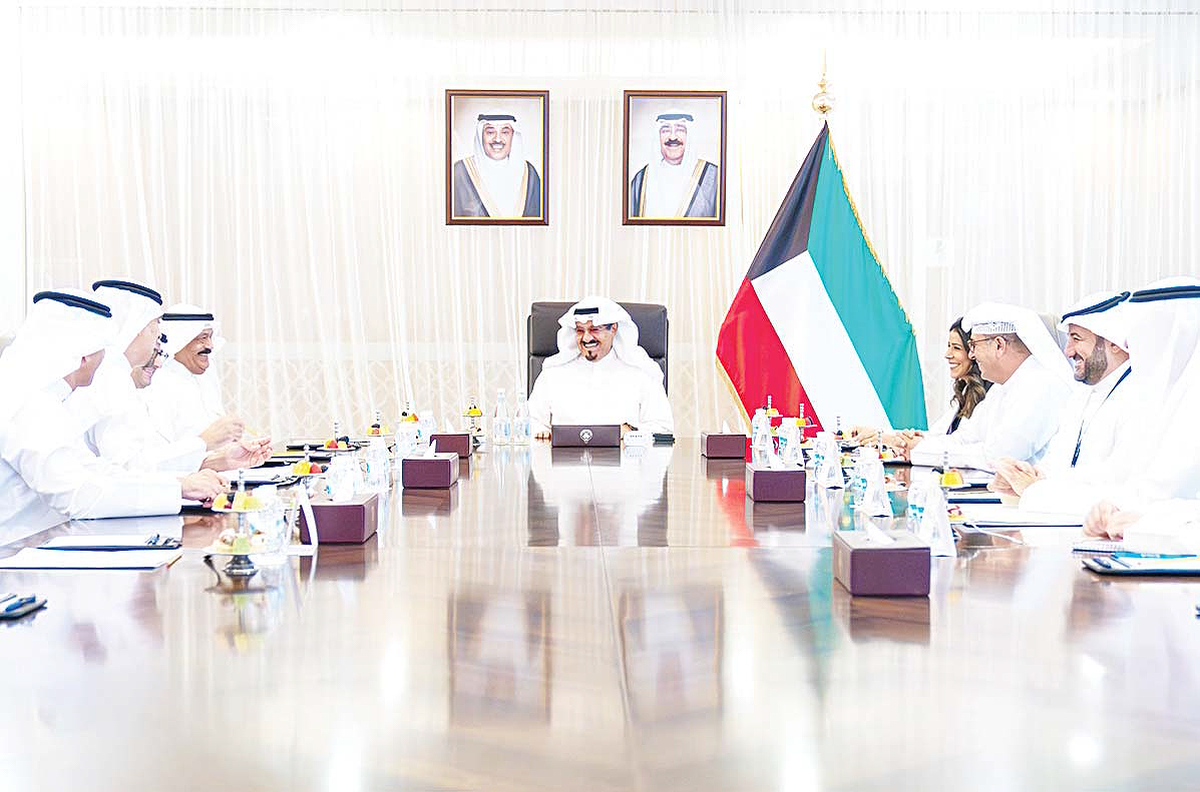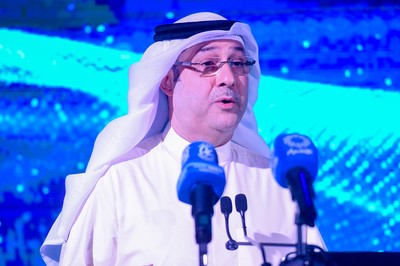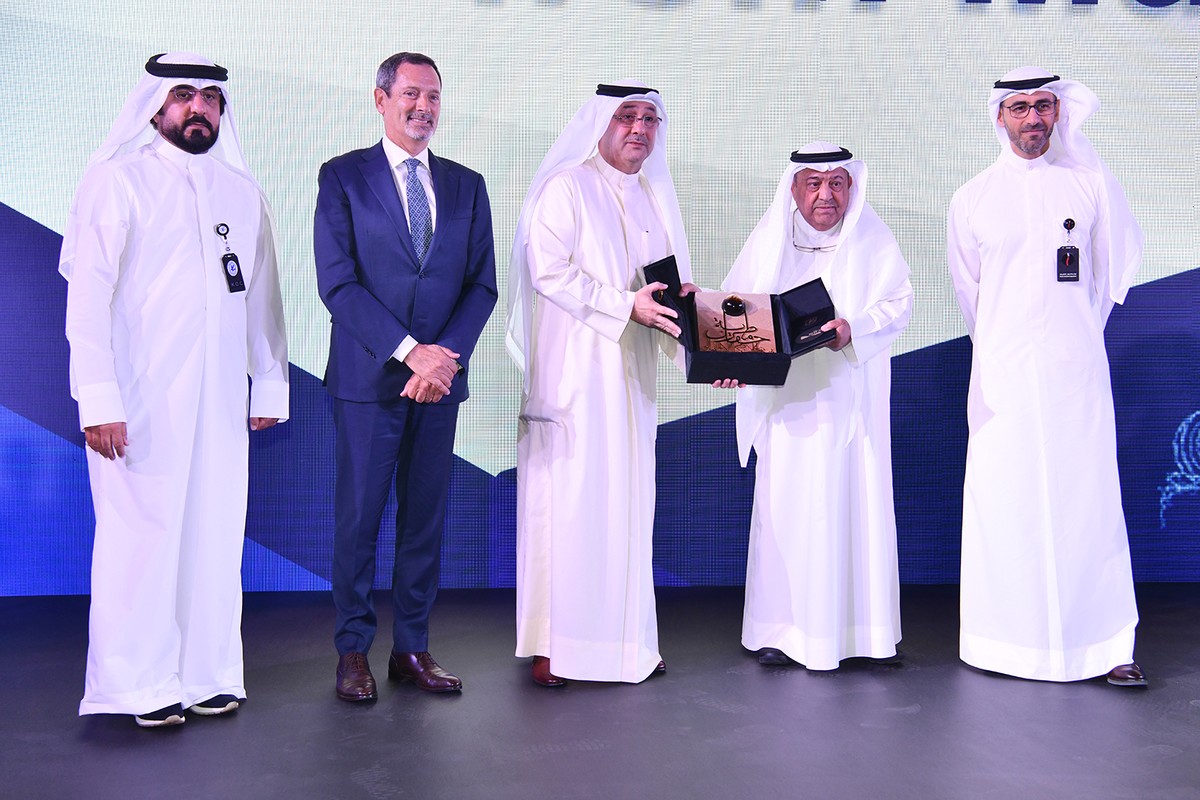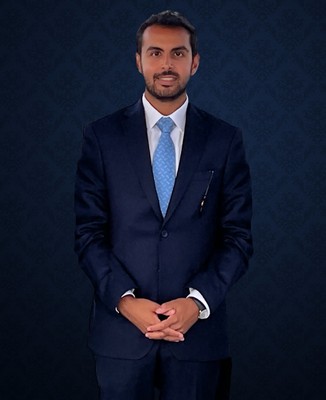KUWAIT CITY, Jul 29: In a meeting of its Board of Directors on Tuesday, July 29, 2025, Boursa Kuwait announced that it recorded a net profit of KD 15.11 million for the first half of 2025, a 61.12% increase from its total for the corresponding period in 2024, when the company recorded profits of KD9.38 million.
The company’s remarkable improvement in net profit was largely driven by strong growth in total operating revenues, which reached KD 24.20 million in the first half of 2025, representing a 41.13% increase from the KD 17.15 million recorded in the same period in2024. Operating profit also saw a significant boost, rising 59.53% from KD 11.58 million to KD 18.47 million, while earnings per share increased 61.12% from 46.71fils in the first half of 2024 to 75.27fils for the period ended June 30, 2025.
The Group’s total assetscame in at KD123.87 million as of June 30, 2025, which is a 9.26% increase over its KD 113.37 million total in 2024, while shareholders’ equity attributable to equity holders of the parent company increased from KD 58.75 million as of June 30, 2024, to KD 66.20 million as of June 30, 2025, an increase of 12.68%.
Boursa Kuwait’s financial results for the first half of 2025 serve as a clear indicator of the company’s strong financial position and the effectiveness of its operational strategies.
“These results reaffirm Boursa Kuwait’s capacity to navigate the complex geopolitical and economic challenges experienced worldwide while maintaining sustainable growth supported by revenue diversification and enhanced liquidity levels, which strengthens confidence in the exchange’s operational efficiency and long-term resilience,” said Boursa Kuwait Chairman Mr. Bader Nasser Al-Kharafi.
“This growth marks a significant milestone in our journey, giving us greater momentum to advance our development plans to modernize market infrastructure, diversify investment instruments and strengthen its appeal to both local and international investors. It also reinforces Boursa Kuwait’s position as a key driver of economic growth and a major contributor to the state’s vision of becoming a competitive financial and investment hub in the region, capable of attracting strategic and long-term capital from around the world,” he added.
To pave the way for Part Two of Phase Three of the Market Development Program, the Kuwaiti capital market apparatus has undertaken major enhancements to restructure its regulatory and operational infrastructure. Officially rolled out earlier this month, the phase reflects the close collaboration between Boursa Kuwait, the Capital Markets Authority, the Central Bank of Kuwait, Kuwait Clearing Company, local banks and investment and brokerage firms as well as their collective efforts to advance the development and sustainability of the Kuwaiti capital market and the national economy.
Al-Kharafistressed that this achievement is the direct result of seamless collaboration across the capital market apparatus and a shared determination to create tangible value for investors, stating that Boursa Kuwait remains committed to accelerating growth and delivering transformative milestones that secure the long-term sustainability of the national economy, working closely with all stakeholders in the Kuwaiti capital market apparatus.
“This breakthroughunderscores the private sector’s agility and effectiveness in advancing development and forging impactful partnerships with the public sector, further cementing Kuwait’s position as a confident and rising regional financial hub,” he said.
The Boursa Kuwait Chairman concluded his statement, saying: “On behalf of the Board of Directors, I would like to express my gratitude to our shareholders for their continued trust in the company and to executive management and employees for their unwavering dedication and commitment to excellence. I would also like to thank the Capital Markets Authority and the Ministry of Commerce and Industry for their ongoing support and collaboration, which have contributed to strengthening market stability and raising its standards.
“My appreciation also goes to the investors, traders and market participants for their sustained confidence in Boursa Kuwait, reaffirming our commitment to deliver a superlative investment experience and working closely with the capital market apparatus to deliver greater milestones in the future,” he said.
The Kuwaiti capital market continuedits upward trajectory in the first half of 2025, with traded value soaring by 90.39% from KD 6.63 billion in the first half of 2024to KD 12.63 billion in the corresponding period in 2025, while traded volume rose by 82.95% from 27.03 billion shares to 49.45 billion shares. Meanwhile, average daily traded value increased by 95.31% from KD55.73 million during the period ended June 30, 2024, to KD 108.85 million in the period ended June 30, 2025. Additionally, market capitalization reached KD 50.53 billion, marking a23.20% increase from thetotal of KD 41.02 billion recorded during the first half of 2024.
The “Premier” Market was a key driver of market activity, with value traded increasing 47.09% from its total of KD 4.99 billion in the first half of 2024 to KD 7.34 billion in the first half of 2025, with approximately 20.21 billion shares traded in the first half of 2025, an increase of 40.98% over the 14.34 billion shares traded in the period ended June 30, 2024. Meanwhile, the market capitalization in Boursa Kuwait’s flagship market increased by24.45% from KD 33.97 billion to KD 42.27 billion in the period ended June 30, 2025.
The “Main” Market also played a significant role in enhancing overall market liquidity, as traded value increased by 221.36% from KD 1.65 billion to KD 5.29 billion in the first half of 2025, while trading volume increased from 12.69 billion shares in the first half of 2024 to 28.60 billion shares in the first half of 2025, an increase of125.38%. Market capitalization, meanwhile, rose by 17.20% from KD 7.05 billion in the period ended June 30, 2024, to KD 8.27 billion in the period ended June 30, 2025.
Boursa Kuwait’s Chief Executive Officer Mr. Mohammad Saud Al-Osaimipraised the Kuwaiti capital market’s performance during the first half of 2025,emphasizing that these resultsare an indication of the positive response to the operational and regulatory enhancements in the Kuwaiti capital market, noting Boursa Kuwait’s commitment to developing a balanced and efficient investment environment that serves investors of all asset classes.
“These positive indicators showcase the robustness of the Kuwaiti capital market’s regulatory framework and our continued efforts to enhance infrastructure, diversify products and elevate the investor experience, further strengthening Boursa Kuwait’s position as a catalyst for sustainable economic growth that meets the standards of investors across all segments,” he added.
“The segmentation of the market plays a pivotal role in structuring trading activities to meet liquidity needs and accommodate a diverse investor base. The “Premier” Market has maintained stable trading values, while the “Main” Market has shown remarkable activity, reflecting heightened interest and interaction with the investment opportunities it offers,” he said.
As part of its ongoing efforts to strengthen the Kuwaiti capital market’s global presence, Boursa Kuwait organized a series of roadshows and corporate days targeting the international investment community in collaboration with Kuwait Clearing Company. These included a virtual roadshow for asset managers in Asia in collaboration with HSBC, as well as an in-person roadshow in London in collaboration with Jefferies Financial Group. The events showcased Boursa Kuwait’s journey since privatization and highlighted the key developments and investment opportunities within the Kuwaiti capital market.
Additionally, Boursa Kuwait participated in the fourth GCC Exchanges Conference, organized by HSBC in London, coinciding with its 15th Corporate Day, which featured eight companies listed on the “Premier” Market.
Al-Osaimi noted that Boursa Kuwait continues to attract investors through its series of Corporate Days and Roadshows held in major financial capitals, reflecting the State of Kuwait’s vision to emerge as a premier financial and investment hub in the region.
He added, “Through active engagementwith world-renowned investment banks, sovereign wealth funds, pension funds and asset management firms, the exchange has cultivated a robust investor base as institutional investors accounted for 65.08% of total participants, a testament to the Kuwaiti capital market’s growing stability, enhanced liquidity, and increasing appeal to both local and international investors.”
The Boursa Kuwait CEO concluded his remarks by thanking the Capital Markets Authority, Kuwait Clearing Company and market participants for their continued trust in Boursa Kuwait and its role as a vital contributor to the country’s economic development and reaffirmed the company’s commitment to expanding its range of products, enhancing market efficiency and accessibility, focusing on strong governance and transparency to further strengthen investor confidence.
Since its inception, Boursa Kuwait has worked diligently to create a thriving capital market that attracts local and foreign investors through a broad spectrum of new products and services, infrastructure upgrades, and market reform initiatives, as part of its multi-phase market development plans.
The company was fully privatized in 2019, the first government entity in the country to successfully undergo the process, bringing about greater levels of efficiency. Boursa Kuwait also self-listed in September 2020 and has made great strides in sustaining its operations and business continuity in the face of uncertainties and challenges.
The company has rolled out numerous market reforms and new initiatives as part of its comprehensive multi-phase market development (MD) plans and showcases some of the standout listed companies and the investment opportunities that reside in the Kuwaiti capital market through its series of Roadshows and Corporate Days, putting these companies in touch with some of the world’s leading investment firms and financial institutions and highlighting their financial health and business strategies and outlooks, to help investors gain an in-depth understanding of the benefits and opportunities of investing in Kuwaiti companies.
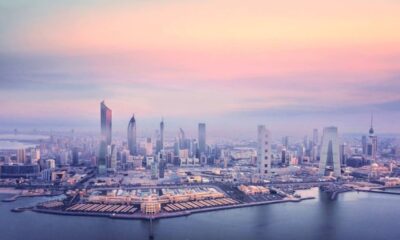
 Latest News12 hours ago
Latest News12 hours ago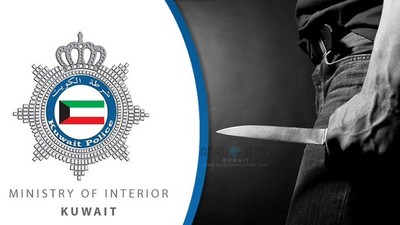
 Politics9 hours ago
Politics9 hours ago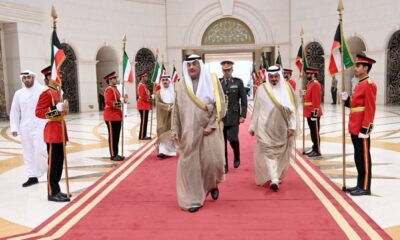
 Latest News11 hours ago
Latest News11 hours ago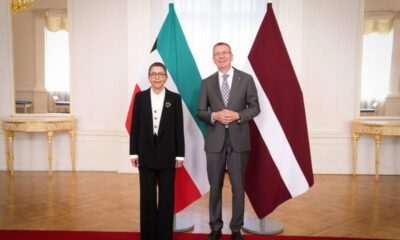
 Latest News8 hours ago
Latest News8 hours ago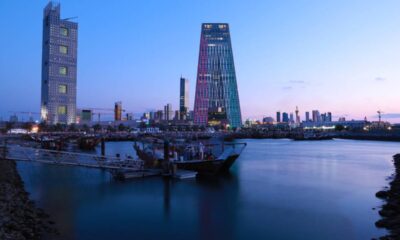
 Latest News9 hours ago
Latest News9 hours ago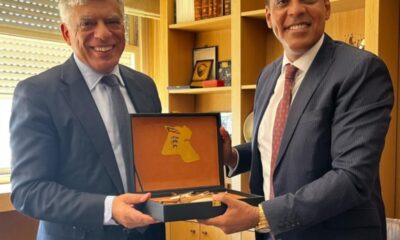
 Latest News2 hours ago
Latest News2 hours ago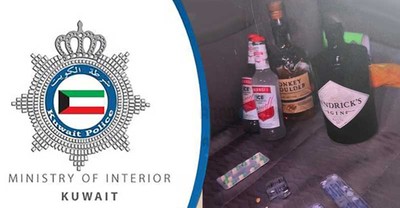
 Politics2 hours ago
Politics2 hours ago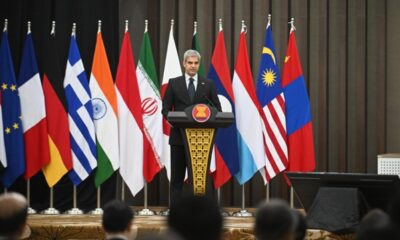
 Latest News1 hour ago
Latest News1 hour ago

